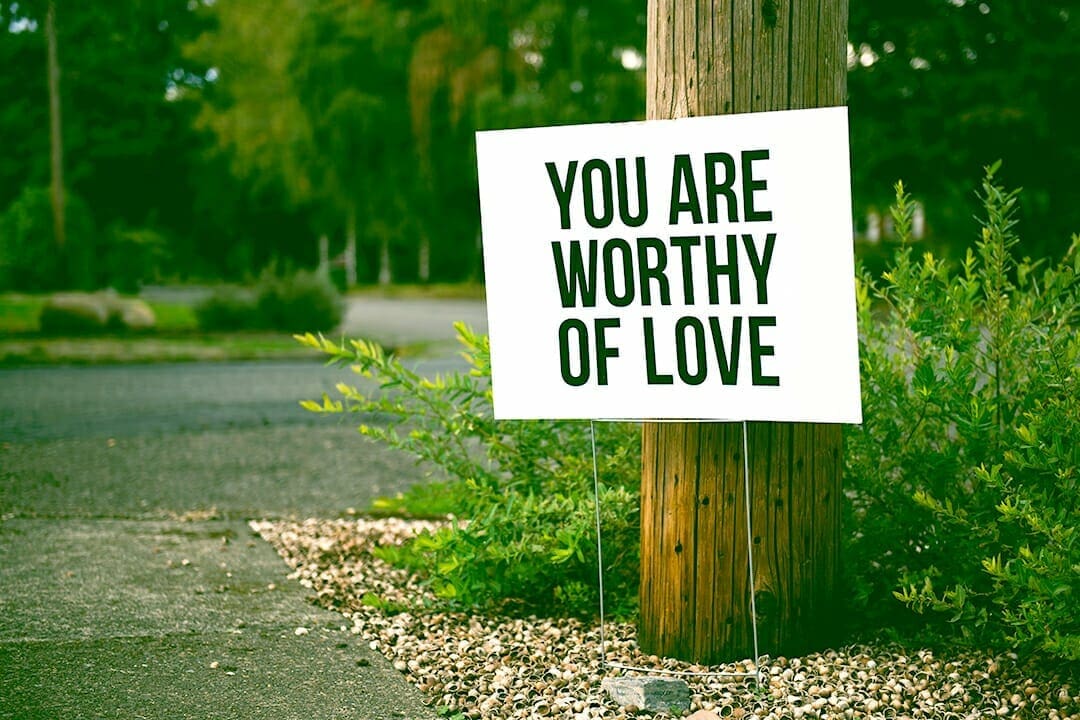
“These powerful ‘supernatural watchers’ demand passionate commitment, meddle into peoples’ affairs, reward good deeds, and punish acts that violate the community’s norms. This might come as a surprise to many people, but religion didn’t start this way.” —Ara Norenzayan
In “Big Gods: How Religion Transformed Cooperation and Conflict,” Dr. Ara Norenzayan, a professor of psychology at the University of British Columbia and co-director of UBC’s Centre for Human Evolution, explores how the great monotheistic and polytheistic faiths established themselves, and consequently how they’ve affected human behavior in societies throughout the world, especially in areas like morality. Norenzayan draws on psychological, historical, and anthropological research to find out how the ideas of religion originated — and how certain ones took hold. Here, Norenzayan discusses these provocative concepts with Brain World.
Brain World: What is this book about, and have your findings about “big gods” provoked strong reactions?
Ara Norenzayan: Religion is at the center of the culture wars that are raging around us. It is no surprise, therefore, that research on religious beliefs and behaviors often draws strong reactions. But, opinions and heated rhetoric aside, from the point of view of hard scientific facts, we know dismally little about religion. This book looks at religion as a complex, natural phenomenon.
What is the psychology in our brains that allows people to intuitively grasp the idea of god(s)? What cultural and historical forces pushed some ideas of god(s) to spread at the expense of others? How do these religions bring people together into worldwide communities of believers? And when does religion turn toxic and fuel global conflict? These are some of the questions that I explore in the book.
BW: How is the act of “perceiving other minds” linked to belief in gods?
AN: One reason why religious beliefs have staying power is that they are intuitively appealing. For example, reasoning about gods, spirits, devils, etc., depends on the everyday intuition that minds can operate independently of the physical body, an outgrowth of the ordinary ability to infer the mental states of other people … without this ability, devout believers could not, for example, enter into relationships with a personal god. They could not accept the notion of reincarnation of souls.
Neuroimaging studies show that when Christians pray to God, brain networks known to be associated with this ability light up. And our own research shows that people who are not as advanced in perceiving other minds find the idea of supernatural beings less intuitive, and as a result they are less likely to believe in them.
BW: You report that in opinion polls Americans rank atheists last, behind Muslims, as the least accepted religious group. What does that say about the significance Americans place on believing?
AN: Distrust of atheism among believers is perhaps one of the most puzzling prejudices of our time. It has a long history and is so intuitively compelling that it even trumps other prejudices.
In America, Christians are most trusting toward other Christians, but they would rather trust people who worship the “wrong” god than trust their culturally familiar but nonbelieving neighbors. However, there is some good news. Despite its intuitive appeal, this distrust is surprisingly malleable. In the book, I explore the origins of this prejudice in some depth and discuss new findings that help us find ways to soften it.
BW: How do you address the paradox that religion at once promotes cooperation and morality and also conflict and even war?
AN: The idea I explore is that some types of religious beliefs and behaviors — those that support
devotion to big gods — helped expand the cooperative sphere. These “supernatural watchers” monitor and punish free riders and anyone who violates community norms. In a short period of time, most of humanity shifted from relatively small bands of foragers to vast societies of anonymous but cooperative strangers. However, religious cooperation, under conditions of imagined threat to one’s religious group, can create a new form of conflict, between religious communities. With big gods, cooperation goes global, but so does conflict.
This article is updated from its initial publication in Brain World Magazine’s print edition.
More From Brain World
- The Brain as Mediator: Exploring the Neuroscience of Conflict
- Challenging Your Brain for Health and Wisdom
- Light At The End of the Tunnel: Searching for the Cause and Cure of MS
- Money on the Mind
- Neuroaesthetics — The Science of Pleasure : An Interview with Dr. Anjan Chatterjee
- Why Do People Believe in Conspiracy Theories?







